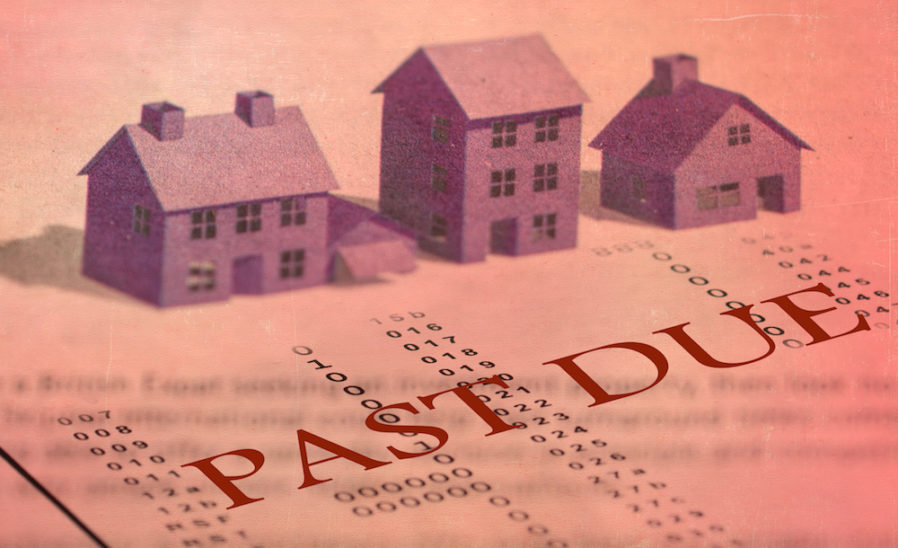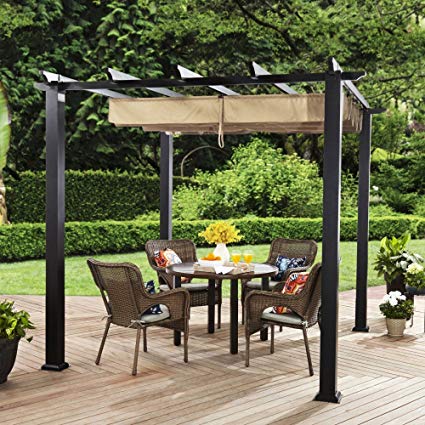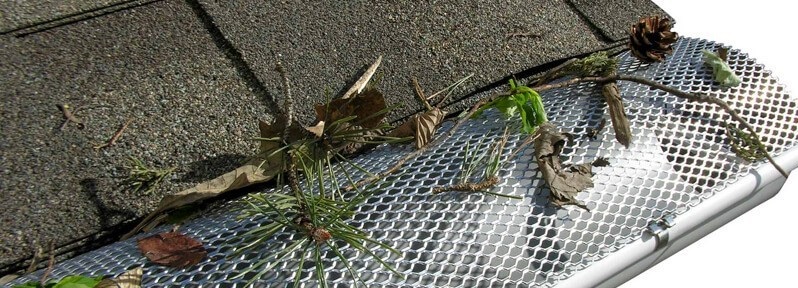Emergency Home Generator Basics

Advertisements for full-house generators make you wonder if you really should invest in one, despite the high cost. Having your home in full power during an emergency would be a comfort, but are they worth it? There are less costly options out there, but only you can decide what’s best for your home and family.
Portable Power
-
- Portable generators are great for providing electricity to essentials: lamps, refrigerators, freezers, fans or plug-in heaters.
-
- Most are fueled by gasoline, and the tank must be filled as it runs, so there is a bit of labor involved.
-
- The engines on portable generators are noisy (think lawn mower noise).
-
- Generators that run via a solar panel are available, and the technology is getting better, but the initial cost is higher. Keep in mind that you’ll save on fuel expenses in the end.
-
- Prices vary with how many kilowatts you’ll need, and your budget should include enough for appropriate extension cords for each device you plan on connecting to the generator.
Stand-By Energy
-
- In order to provide power to everything in the house, including HVAC, a stand-by whole house generator is the best choice, as it will be connected to your home’s electrical system.
-
- A stand-by system can be fueled with natural gas, propane or diesel fuel. These types of units run more quietly than the portables and are fuel efficient.
-
- Whole house units will cost the most, as they are ready to go almost the instant you lose utility power, require professional installation, and possibly local permits.
-
- Installation should be done by a certified electrician, and some offer a package deal that includes the unit and installation in one price.
Whatever type of generator you choose, get the size and type of generator that meets your needs, not exceeds them. There’s no need to waste money! If you’re unsure of just how much energy you’ll need, ask-the-electrician.com has some helpful information as well as a sizing calculator. Though you’ll only need it during emergencies, you want to know that you’ve made the right choice for your home, your needs, and your wallet.
Courtesy of New Castle County DE Realtors Tucker Robbins and Carol Arnott Robbins.
Photo credit: todayshomeowner.com














